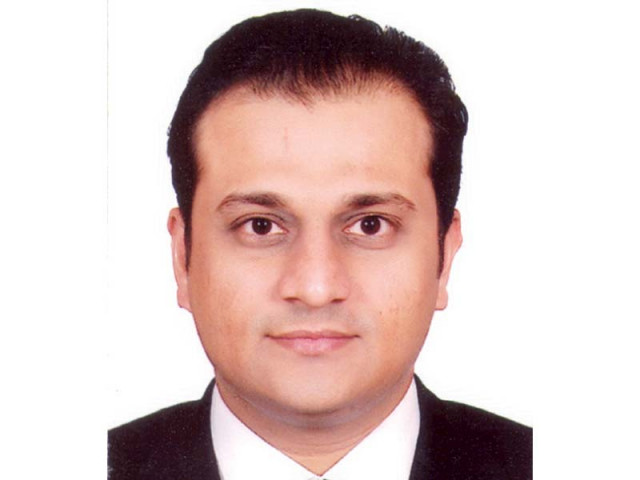Controversial post: SHC verdict on adviser’s appointment case today
Two-judge bench earlier reserved the judgment on October 25 this year

Murtaza Wahab Siddiqui. PHOTO: FILE
A two-judge bench, comprising SHC Chief Justice Sajjad Ali Shah and Justice Zulfiqar Ahmed Khan, will give its verdict. The bench had earlier reserved the verdict on October 25 this year, after hearing arguments from the provincial law officer, as well as the lawyers for the respondent, Siddiqui, and petitioner, Fareed Ahmed Dayo.
Dayo, who is a practicing lawyer, had argued that the appointment as an adviser, in terms of Section 4 (1) of the Sindh Advisors (appointment, powers, functions, salaries, allowances and privileges) Act, 2003, was also against the spirit and constitutional mandate as held by the SHC in a case decided in 2000.
According to him, Siddiqui was enrolled as an advocate of the SHC on June 30, 2010, and thus had experience of only six years.
Either the education minister or the vice-chancellor of Karachi University can be the chairperson of the board of governors for law colleges in Karachi, according to notifications issued by the Sindh government on March 8, 1973, and December 21, 1978.
However, Siddiqui was appointed as the chairperson of the board on April 27, 2016, said the petitioner, adding that the respondent is also the pro-vice chancellor of Shaheed Zulfiqar Ali Bhuttto University of Law (Szabul) at the same time.
Therefore, he had pleaded the court to declare the appointment of Siddiqui as an adviser, and subsequently giving him the status of minister, as illegal, unlawful and against the Constitution.
It was also requested to order the withdrawal of two notifications dated April 30, 2015, and May 21, 2015, with further direction to the provincial government to appoint a law minister making constitutional representation before the provincial assembly, the National Judicial Commission and Szabul.
Published in The Express Tribune, November 22nd, 2016.












1724319076-0/Untitled-design-(5)1724319076-0-208x130.webp)






COMMENTS
Comments are moderated and generally will be posted if they are on-topic and not abusive.
For more information, please see our Comments FAQ